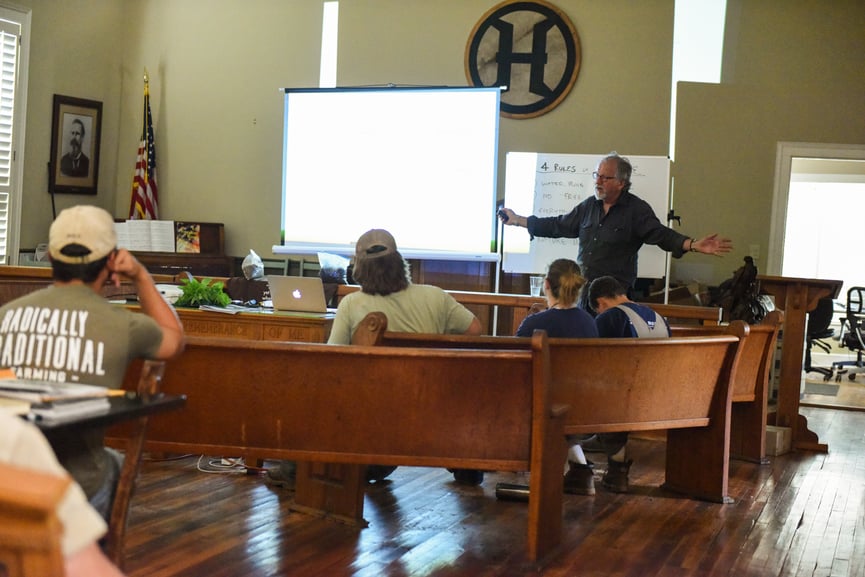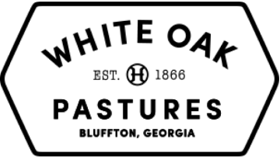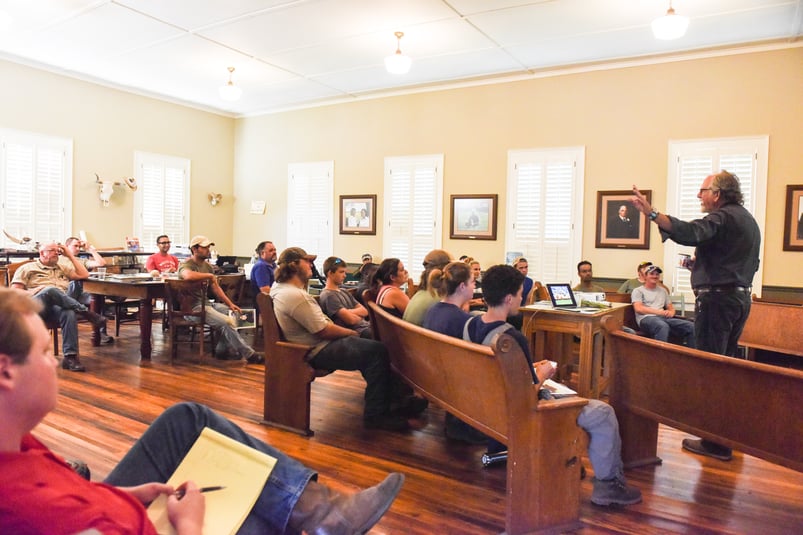
Dr. William Winter has had a diverse career and brings his wide range of experience to the table as one of the nation’s leading voices in holistic livestock veterinary care and preventative management. We were so excited to host Dr. Winter on our farm from July 18-24, 2017. Our production managers were able to meet one-on-one with Winter and spend time in the pasture with him. He also lectured for our farm staff and interns. We are very grateful for his insights and depth of holistic knowledge.
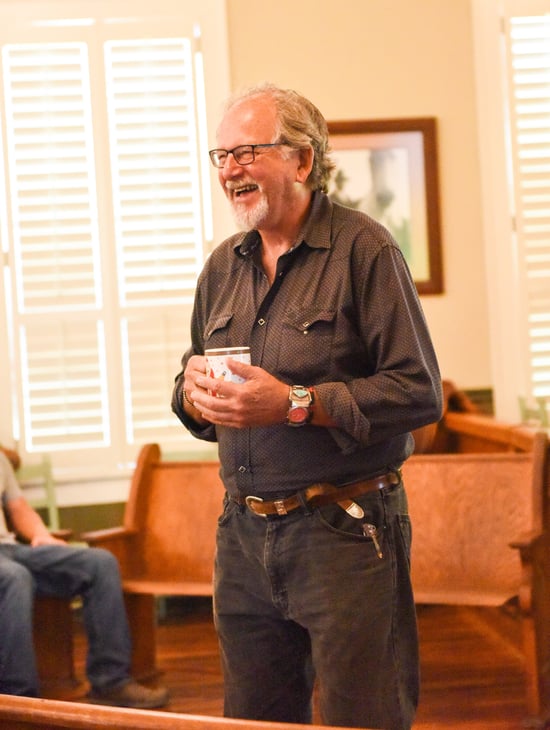

Holistic livestock management is grounded in creating the conditions which promote health and productivity in a herd. Fostering genetics and herd wellness is seen as part of the holistic healthcare approach. “I think a big part of any successful holistic operation is to breed more of the good ones and less of the bad ones and just always keep breeding from the top of the barrel,” explains Winter. “That's a holistic viewpoint. This starts at the very beginning, you know, dump the junk. If you've got animals that are barely staying alive, why do you want more of them?”
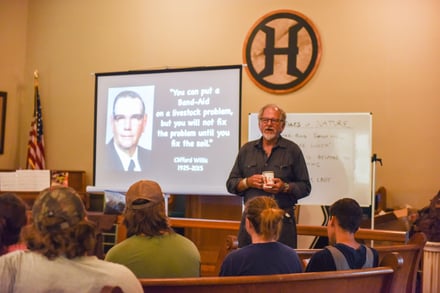
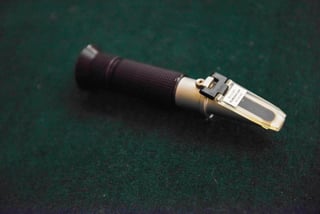
Winter explains more on holistic management’s preventative approach towards livestock production. “With a holistic management point of view, it would be like, ‘Hmm.. our chickens are getting some problem. I wonder why?” I don't necessarily need to know which exact Latin name is giving them pneumonia, but if our chickens are getting pneumonia, we’re going to look at the air quality in their living quarters, and we're going to look at their immune systems, and we're going to look at various reasons why they may be getting that. And, that's a holistic point of view working towards prevention. Some Band-Aids are necessary too. We don't just let animals die because we didn't do it right the first time. I think everybody who has livestock should have a homeopathic first aid kit, just the basics. It is so easy, so safe, so simple, so cheap, and so effective”.
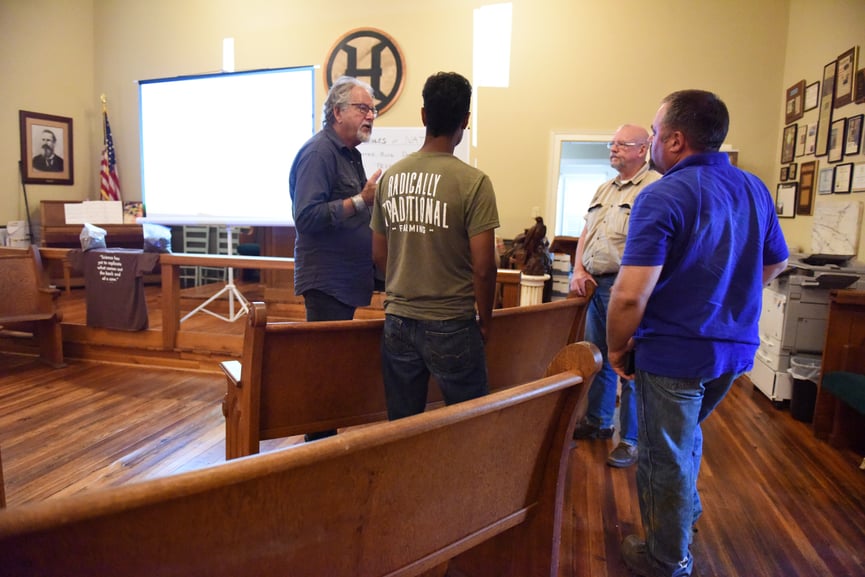
Dr. Winter also had several suggestions for the farm. “One of the things that I think is critical is to get a little diagnostic, microscope lab set up. All of the herd managers should be able to do their own fecal samples. I can teach them in 30 minutes how to do a fecal exam. You don't have time to take a fecal sample to the vet, that takes half a day out of your schedule and it's expensive when you can do it during your lunch break if you’re set up to do fecal exams. I also want to set up a little necropsy area. If they lose a lamb or a piglet, they should always learn to cut them open and if they don't know how to read what they’re looking at, they can call me.
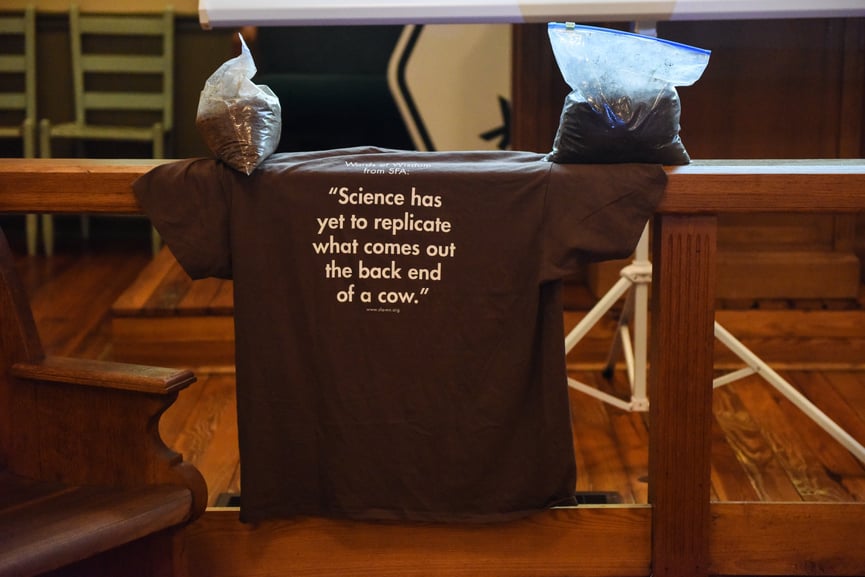
He also suggested we transfer our mineral supplement program to cafeteria style. “Cafeteria style means there's 12 to 16 hoppers here. Here's your sulfur. Here's your iodine. Here's your copper. Here's your manganese. The animal then just gets that one mineral they need. If they're really feeling sickly, then maybe they're going to go pound the selenium. If they're feeling ‘I need to put on more weight’, they're going to pound the phosphorus. Cafeteria style is really the ideal way to do it. With a locked ratio, even my good one, to get the selenium they need, they have to take in a lot more of everything else, you know. Most people are not open to cafeteria style mineral feeding because it is expensive”.
Again, Dr. Winter has decades of experience in a range of veterinary fields. We believe this has afforded him a valuable, well-rounded perspective on livestock care. In 1975, he received a veterinary degree from Kansas State University and also trained in Animal Nutrition and Toxicology. His career spanned from large animal to emergency veterinary medicine before he opened a holistic veterinary practice in 1980. This practice grew to become the largest holistic veterinary medicine practice in the country. He also co-founded the American Holistic Veterinary Medical Association. Since 1999, Dr. Winter has focused on holistic lecturing and consulting. We found his visit educational and inspirational.
